THE ‘S’ WORD
FOR MODERN FARMERS AND AGRIBUSINESS, SUSTAINABILITY IS THE NAME OF THE GAME
BY TYLER DIFLEY
Sustainability means a lot of things to a lot of people, and coming up with a one-size-fits-all definition is a nearly impossible task. Despite this inability to pinpoint the word’s meaning, it has become a crucial part of modern agriculture. With each passing year, sustainability also becomes more important to consumers, whose calls for products that are verifiably sustainable are becoming too loud to ignore. As a result, countless companies big and small that work with farmers and agricultural products on a day-to-day basis have committed to sustainability—for their customers, for their consciences and even for their bottom lines.
One of these companies is multinational chemical juggernaut BASF—a familiar face for many farmers who use their crop-protection products season to season. As a company that interacts with farmers on a daily basis and equips them with tools vital to their livelihood, BASF has an important role to play in on-farm sustainability.
“Our firm conviction is that farming is the most important or the biggest job on earth,” said Ron Kehler, business director of crop protection for BASF Canada. “So we’re trying to develop tools that help them farm sustainably.”
For BASF, one of the most significant contributions the company can make to sustainable agriculture comes from research and development, yielding new technologies and products that help farmers achieve higher yields with fewer resources.
“We’ve been bringing innovative products for crop production to the market for many years,” Kehler said. “We see that those tools are helping farmers get the most yield and the best quality off of every acre.
“That’s a pretty foundational principle to how we look at sustainability—making sure we’re not using more acres to feed the world, but we’re using the acres we have more effectively and in a way that they’ll be there to produce food for the next generations.”
Global fast-food giant McDonald’s has also started to focus on sustainability in its operations, the most recent example being its sustainable beef pilot project. As part of the project, McDonald’s Canada has partnered with several Canadian beef producers to assess and verify the sustainability of their operations. More than 30 on-farm verifications have already been completed, and McDonald’s Canada hopes to verify close to 300 producers through third-party verifier Where Food Comes From by the time the pilot project wraps up in April 2016.
The pilot project was conceived as a response to the demands from McDonald’s customers for more information about their food and whether it is sustainable.
“First and foremost, it’s important to us because it’s important to our consumers,” said Jeff Fitzpatrick-Stilwell, senior manager of sustainability for McDonald’s Canada. “Our consumers want safe, high-quality and sustainably sourced food. We’ve been really good about being able to talk to them about the safety and high quality, and now we’re trying to be able to do the same thing around sustainability.”
For McDonald’s, the sustainable beef pilot project is only the beginning, and the company hopes to continue growing the amount of sustainable beef it can source not only in Canada, but globally. The commitment to sustainability doesn’t end with beef either.
“Our aspirational goal is really to be sourcing everything—whether it’s toys, packaging, beef or ingredients like palm oil that go into other items—in a responsible and verified sustainable manner,” Fitzpatrick-Stilwell said. In step with this goal, McDonald’s Canada announced in September that its restaurants would transition to using 100 per cent Canadian cage-free eggs over the next 10 years.
Consumer demand has been the impetus for many of the sustainability initiatives that are happening in the industry. However, proving that a particular product or production process is sustainable is easier said than done, especially when definitions of the term vary so drastically. This can put companies like BASF in a challenging situation.
“I think this is a difficult challenge for our industry,” Kehler said. “When a consumer says they want to make sure their food is produced sustainably, they don’t really know what it means. People think they know what it means, but when they have to put words around it, they have a hard time articulating it.
“I like to think that sustainable farming and modern agriculture are basically the same thing—getting more food from every acre. The more we can change the perception that sustainable farming is something other than that is really helpful.”
In the absence of a hard-and-fast vision of sustainability, companies are ramping up their outreach campaigns in an attempt to bridge the information gap between producers, industry and consumers.
“Consumers want to make sure that their food is being produced sustainably, so I think we need to help inform them and provide information that gives them confidence that it is being grown sustainably,” Kehler said. “That’s a job that we as an industry member, as well as our customers, share together.”
According to Fitzpatrick-Stilwell, widespread interest in sustainability and product sourcing will be the new norm going forward. As a result, all members of the food supply chain will have to work together for Canadian agriculture to put its best, most sustainable face forward.
“This is obviously where retail and food service are going on a macro level,” he said. “Our consumers are more and more interested in where their food comes from.
“All producers are eventually going to have to work with the retail end to figure out how to credibly tell the positive story that exists for Canadian agriculture.”
Even if producers do want to tell the positive story of Canadian agriculture to consumers, they often lack data or other proof to demonstrate that their on-farm practices are sustainable.
“We think there’s a need in the market for farmers to have ways to talk about sustainable farming,” Kehler said. “We want to make sure that our farmers and our staff have the tools to talk about sustainable farming with the people they interact with. I think we’re just missing the language to talk about this good work that we’re doing.”
A new tool has debuted that could provide the valuable sustainability metrics Canadian farmers need in order to communicate effectively with consumers and the food production value chain. The Canadian Field Print Calculator has finished beta testing and a number of pilot projects are set to begin this fall. The calculator was the product of a partnership that includes Pulse Canada, Grain Farmers of Ontario, the Canadian Canola Growers Association and CropLife Canada, among others.
“We have a group of organizations and companies in Canada that have been working together to respond to what we felt was kind of a growing demand for either sustainable products or information related to the sustainability of Canadian crops,” said Denis Tremorin, director of sustainability at Pulse Canada and the driving force behind the calculator’s development. “We’ve had about 40 producers participate in that process and we have 120,000 acres worth of data from 500 fields.”
To use the calculator, farmers input information about their farm practices, soil and climate, including details about the equipment they are using, their location and time for field operations. This information is used to determine the sustainability of an individual crop based on five indicators: land use efficiency, soil erosion risk, energy use, climate impact and soil carbon release. The calculator produces reports of field-by-field performance that farmers can analyze and compare against their peers.
“It’s a learning exercise more than anything,” Tremorin said. “To find out what practices are providing the best outcomes in terms of sustainability and efficiency.”
When we think about sustainability in a corporate context, it is sometimes imagined as a necessary evil for companies whose primary concern is their bottom line. This is not the case, according to Kehler.
“Some perceptions of sustainability are that it is counter to profit. I think if we look at what sustainability means, one of the three principles that are used internationally is that it needs to make economic sense,” Kehler said. “I don’t think that sustainability and economics should be in conflict. In fact, I think they more often go hand in hand.”
If subscribing to sustainable agriculture can be economically feasible for companies like BASF and McDonald’s, it’s a no-brainer from their perspective. But what do farmers and ranchers stand to gain when initiatives like the sustainable beef pilot project and the Canadian Field Print Calculator are completely voluntary and offer no monetary incentive for participation? In the case of the calculator, Tremorin believes the value for farmers will come from the chance to compare themselves to their peers and find out how they stack up based on the sustainability indicators.
“There’s an interest among farmers in getting value for this in terms of money, but that’s not what the food companies are talking about for the most part,” Tremorin said. “They’re looking at their established supply chains and their established products that they buy and they’re trying to prove that those things are sustainable. They don’t want to pay more for what they’re already buying.
“We’re taking the stance that the value’s going to be in this kind of analytical approach, having growers compare themselves to their neighbours with real data, and that doesn’t happen very often out there.”




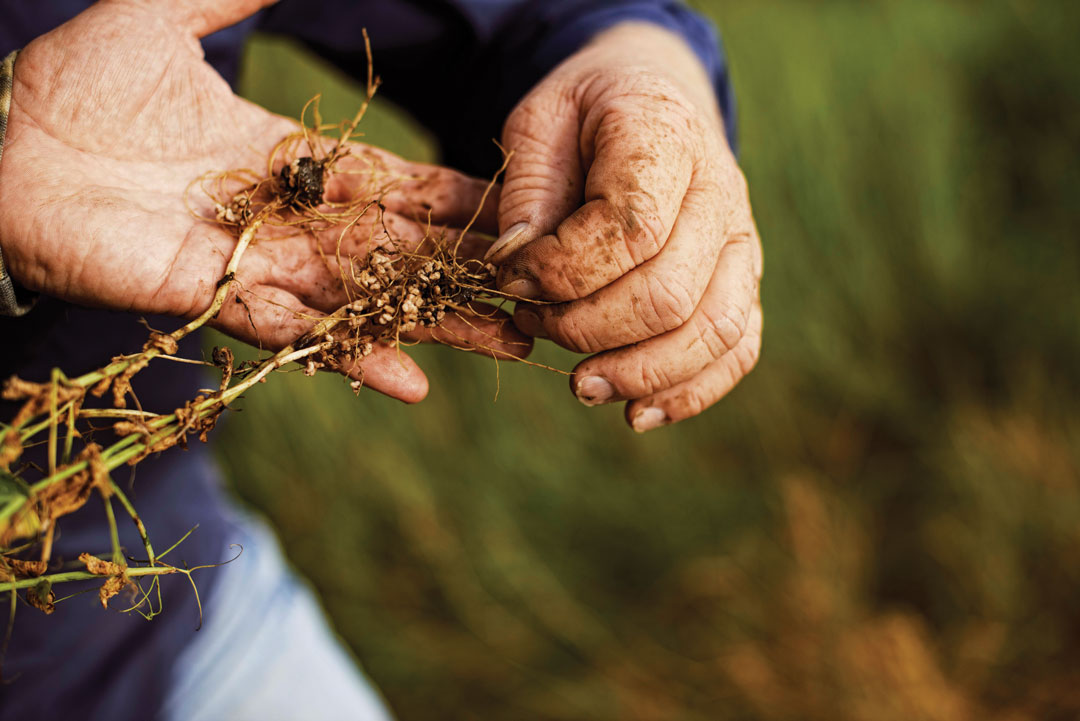
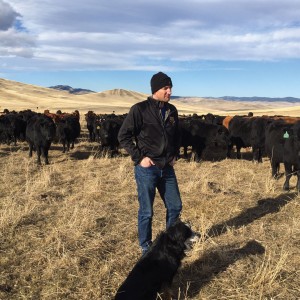
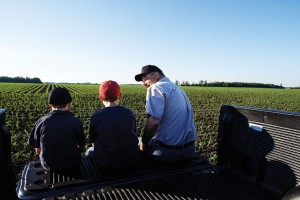
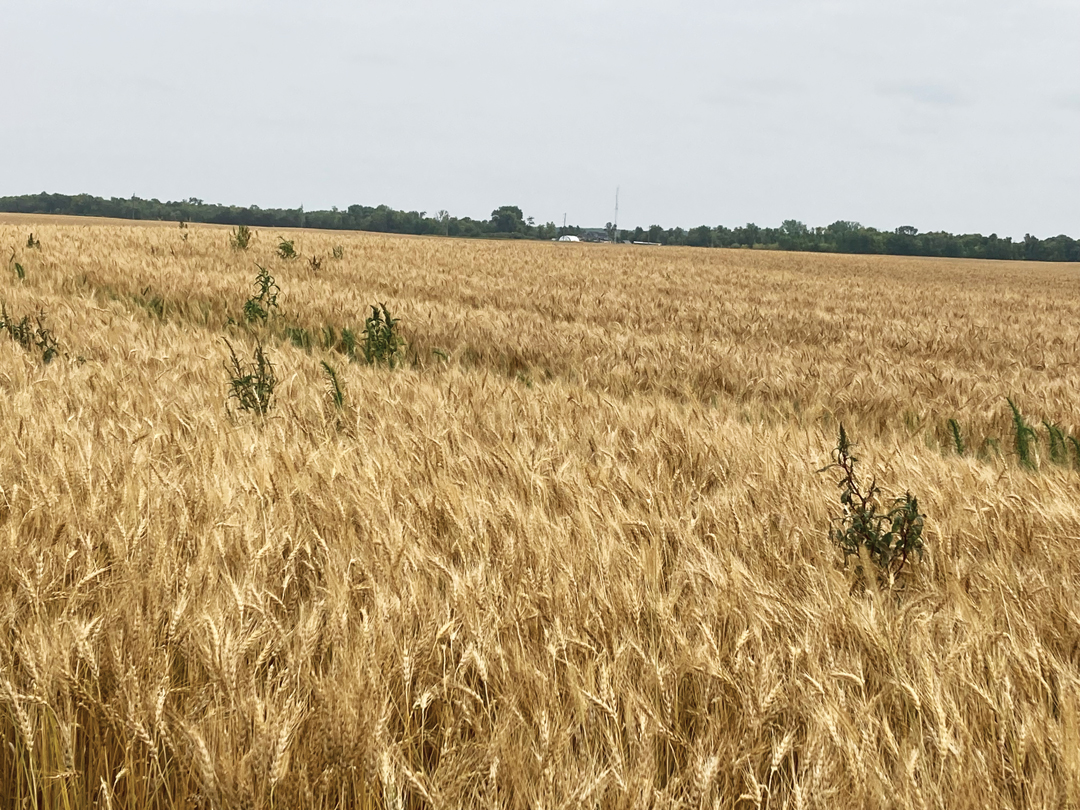
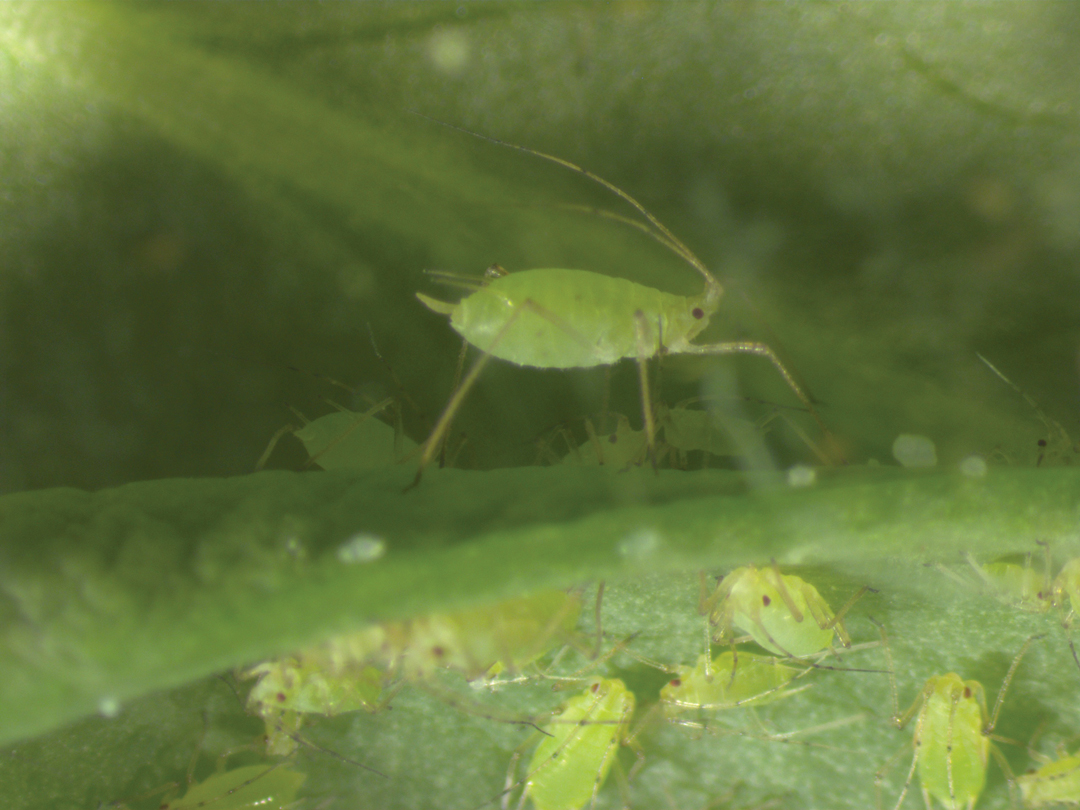
Comments